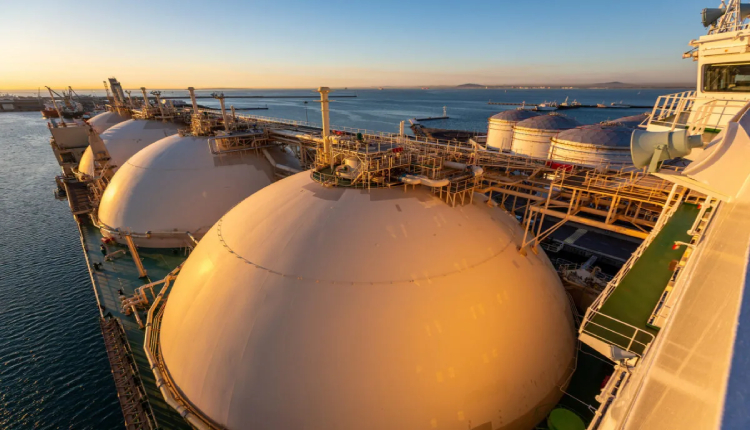Summit Group of Bangladesh has inked a preliminary agreement to provide state-owned Petrobangla with 1.5 million metric tonnes of liquefied natural gas (LNG) annually for 15 years, beginning in October 2026, Aziz Khan, the company’s chairman told Reuters.
This agreement marks Summit’s first long-term LNG supply deal and Bangladesh’s fourth.
Khan anticipates that the cabinet will approve the deal in less than a month. Moreover, the agreement does not name a country of origin, giving the company the freedom to source cargo from anywhere for supply to Petrobangla. The chairman didn’t disclose details of pricing.
“The construction should start sometime next year for the onshore terminal, the land acquisition is still on,” Khan told Reuters in an interview on Tuesday.
The conglomerate intends to invest $3 billion in clean energy and currently operates more than a dozen fossil fuel-based power generation units as well as a floating storage and regasification unit (FSRU) to handle LNG imports.
Khan stated he expected that work on the $1 billion Matarbari onshore LNG terminal, which is in Chittagong’s Cox’s Bazar district, would begin in 2025. However, the contract is still pending award. The summit is nonetheless hopeful of winning it upon which they will start operating the first phase at Matarbari in 2029.
“The government thinks that commissioning should be done by 2027, I personally feel that it will be done by 2029.”
Summit intends to develop the project in collaboration with Japanese partners Sumitomo Corp, and JERA. With a capacity of approximately 7 million tonnes annually with the option to increase it to 10.5 million tonnes annually.
Due to falling worldwide prices and growing power demand, Khan anticipates a rise in spot LNG purchases in the upcoming months. According to him, 13 spot LNG cargo purchases have been approved by Bangladesh in the first half of 2024. As per data analytics firm Kpler, during the same period last year, 10 cargoes were imported, as opposed to this.
It’s noteworthy that Asian spot LNG prices have been declining for the past eight weeks, reaching their lowest point in seven months due to ample supplies in northeast Asia and Europe.


